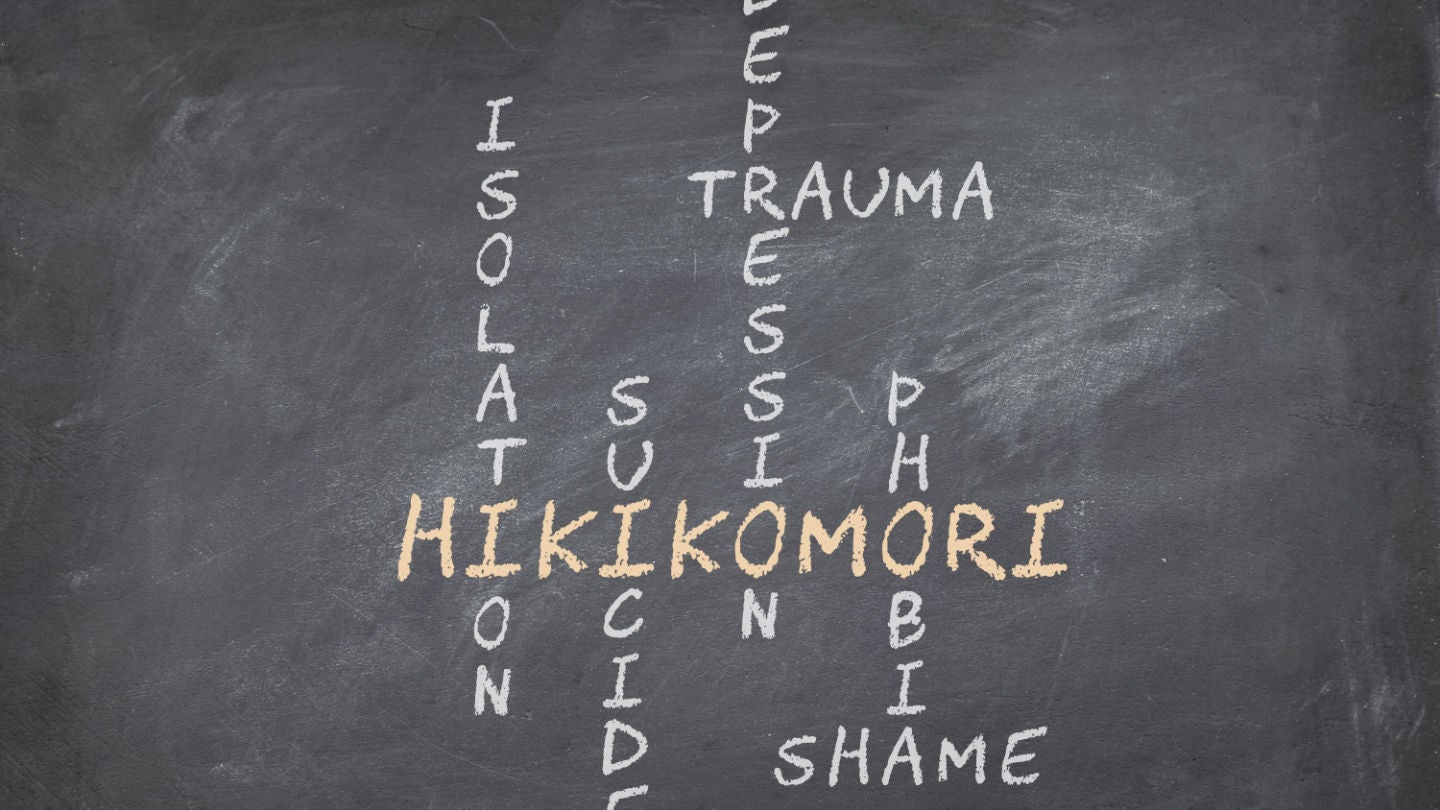Hikikomori, a phenomenon where people cut their ties with society, is contributing to Japan’s current demographic crisis, which could restrain its economy.
It is clear that something needs to be done, and changes in workplace culture, social norms, and the education system would reduce the likelihood of individuals becoming social loners. In addition, a collective approach that involves families, communities, the government, and healthcare providers working together to help social recluses reintegrate into society will minimize the impact of the demographic crisis.
What is Hikikomori?
Hikikomori is a phenomenon where people cut their ties with society. It is also the term used to describe the young people who withdraw. The Japanese government classifies these people as those who have been isolated for at least six months, with some occasionally buying groceries while others fully restricting themselves to their bedrooms. Although this issue has been looming in the country for a decade, its impact has amplified since the Covid-19 pandemic.
A survey conducted by the Japanese government’s Children and Families Agency in November 2022 revealed that these ‘hikikomori’ accounted for 2% of people aged between 15 and 62 of the 30,000 surveyed. This equates to around 1.5 million people being social recluses in the country, which is concerning given the already-existing aging population crisis in Japan.
Covid-19 led to an increase in hikikomori
While job loss, relationship issues, retirement, and pregnancy were cited as the most common reasons for social loneliness, Covid-19 soon became one of the top reasons for this social isolation.
Japan’s extended Covid-19 restrictions led to an increase in hikikomori. While many countries opened up their borders in 2021, Japan did not reopen its borders until October 2022, over two years after the pandemic began in March 2020. This extended exposure led to mental health issues such as depression, anxiety, and stress.
How well do you really know your competitors?
Access the most comprehensive Company Profiles on the market, powered by GlobalData. Save hours of research. Gain competitive edge.

Thank you!
Your download email will arrive shortly
Not ready to buy yet? Download a free sample
We are confident about the unique quality of our Company Profiles. However, we want you to make the most beneficial decision for your business, so we offer a free sample that you can download by submitting the below form
By GlobalDataSuch mental health issues could impact an individual’s capabilities to find a job, start a family, and have meaningful relationships, which, in turn, will have an impact on society as a whole and could have long-term implications on the social and economic development of the country.
Cause and impact of social withdrawal
There are several factors contributing to the increasing number of social recluses in Japan. The main one is that Japanese culture emphasizes conformity, collectivism, perfection, and productivity. These social expectations put pressure on individuals, causing or exacerbating social withdrawal. The highly competitive and demanding education system in Japan is also a key stressor for students.
Other triggers for social withdrawal include not being able to fit in well at work or school, the need for long-term medical care, and being unable to find employment. Although the role of technology and social media has not been directly linked to the increase in social recluses, it likely deepens withdrawal as it restricts real-life social interaction.
Personality disorders, low self-esteem, mental health issues, and poor family and relationship dynamics are some of the negative impacts of hikikomori. Families with hikikomori members are facing a unique challenge called ‘the 8050 problem’, which refers to social loners in their 50s depending on their parents, who are in their 80s.
Hikikomori is further exacerbating the ongoing demographic challenges of the country, including a decline in birth rates and the aging population. The birth rates in the country have fallen year-on-year by 5% to 799,728 in 2022, the lowest figure since 1899, according to Japan’s health ministry. Japan’s aging population is adding to the woes of loneliness in the country.
Japan now has the world’s oldest population, with an average age of over 48, a fertility rate of only 1.4, and an average lifespan of 85 years. Its population is shrinking and aging. These demographic crises, along with hikikomori, are threatening to dramatically reduce the number of individuals who can contribute to taxes, the labour force, and support the economy.
How can Japan address hikikomori?
Japan needs to adopt a comprehensive approach to address hikikomori. In addition to raising awareness, creating support groups, and providing mental care services, the government must make fundamental changes to its education system and the existing norms around social conformity.
Encouraging social engagement by offering employment opportunities and volunteering work could help loners recover and rebuild social skills. Moreover, families, government, healthcare providers, and communities, should collaborate to reintegrate social hermits back into society and reduce the impact of hikikomori on the country’s demographic crisis.






